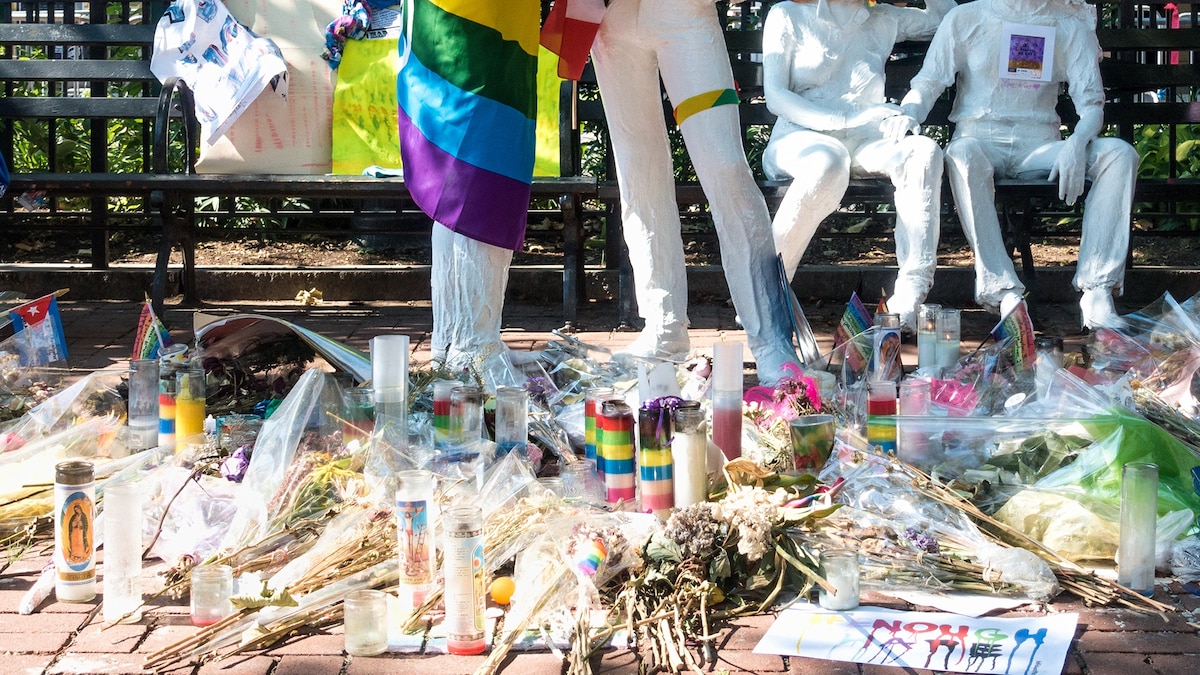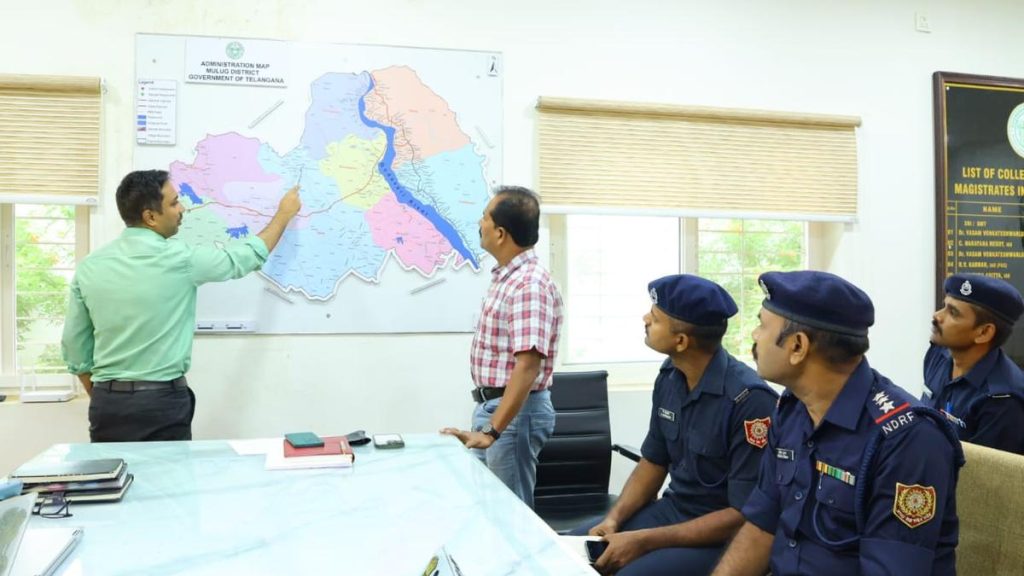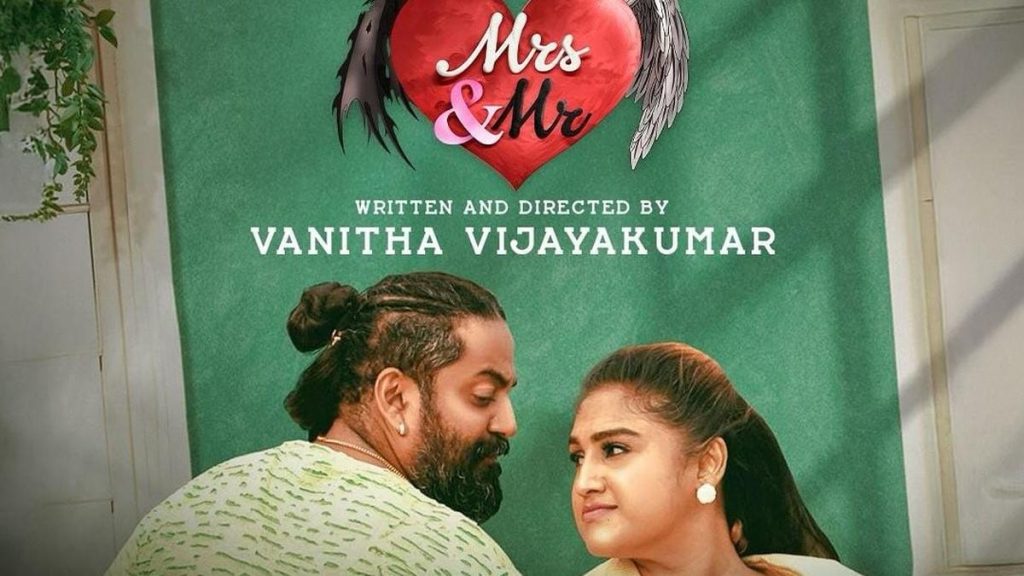Now Reading: U.S. National Sites Celebrating LGBTQ+ Heritage Milestones
-
01
U.S. National Sites Celebrating LGBTQ+ Heritage Milestones
U.S. National Sites Celebrating LGBTQ+ Heritage Milestones

Fast Summary
- The National Park Service (NPS) in the U.S. has been recognizing the LGBTQ+ community’s contributions since its 2016 centennial year, starting with new York City’s Stonewall National Monument.
- Key highlights include:
– Stonewall National Monument: Commemorates the pivotal 1969 Stonewall rebellion, which sparked the modern LGBTQ+ rights movement. Features exhibits like “Mothers of STAR AR Experience” honoring activists Marsha P. Johnson and sylvia Rivera.
– Vicksburg National Military Park: Includes historic sites tied to Albert Cashier,a transgender Civil War soldier who was posthumously recognized for his contribution and awarded a military pension.
– President’s Park in Washington, DC: Historically significant for hosting early gay rights protests and being a secret rendezvous point for gay men during periods of discrimination.
– Rosie the Riveter WWII Home Front National Ancient Park: Celebrates women’s wartime effort while showcasing LGBTQ+ wartime histories via exhibits like “LGBTQ Histories: Stories from WWII Home Front.”
– Fire Island National Seashore: A longstanding haven for queer individuals since the early 1930s, serving as both an artistic enclave and social hub while enduring challenges such as AIDS crisis impacts.
– Frances Perkins Homestead in Maine: Honors frances Perkins, Roosevelt’s Labor Secretary known for workplace safety laws and Social Security development. Her private life included same-sex relationships.
The monuments aim to preserve diverse narratives within American history.
Indian Opinion Analysis
Recognizing LGBTQ+ contributions to history at national parks is commendable as it offers inclusive narratives that enrich public understanding of society’s diverse fabric. It highlights individual bravery against systemic barriers across eras-from historical figures like Albert cashier during civil war times to contemporary movements initiated at Stonewall Inn.
For India, these efforts raise questions on how inclusivity can be further integrated into heritage preservation here-especially considering marginalized communities that have shaped India’s multicultural identity but often remain undocumented or underrepresented within historical conservation frameworks. Such initiatives could potentially foster greater unity by ensuring all voices are heard within the nation’s rich tapestry of stories-a principle relevant not just socially but politically given India’s ongoing conversations around equality.
Read more: Explore More






















